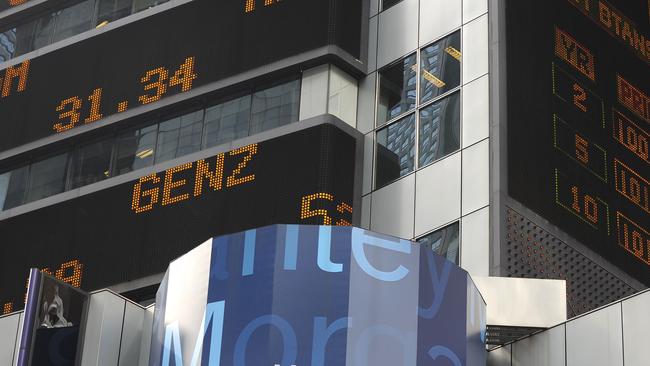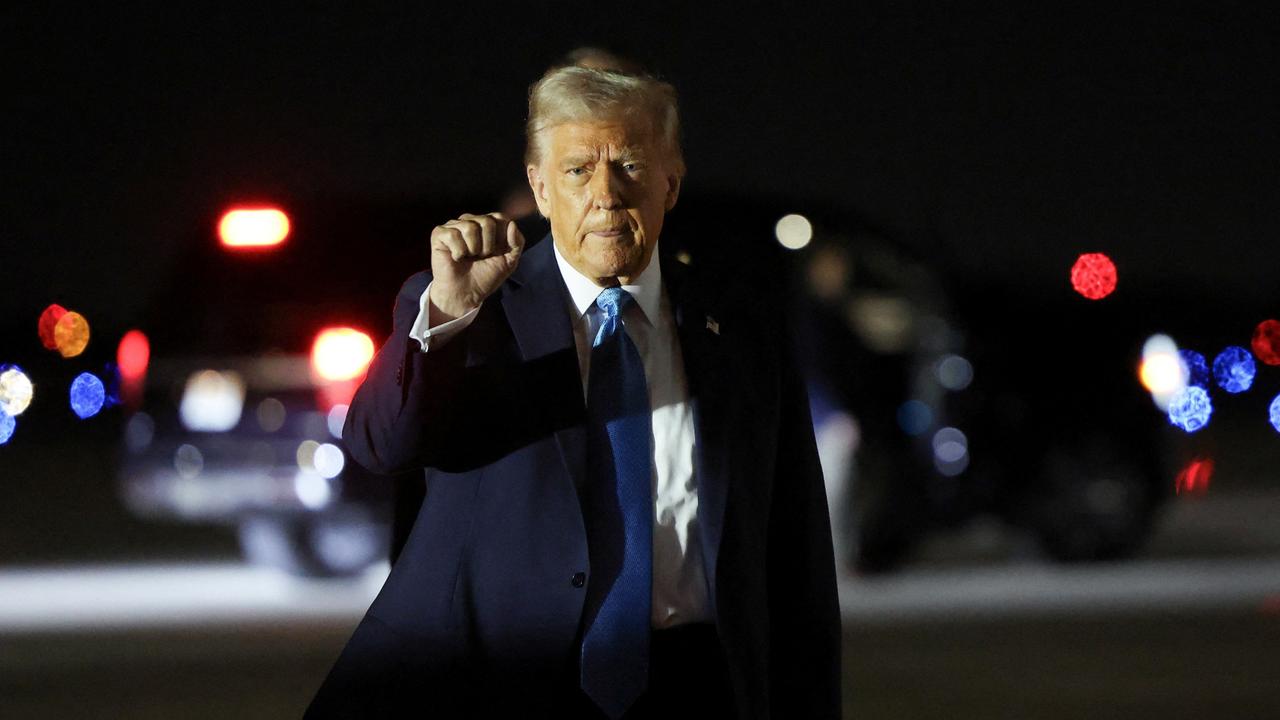Regulators probe block trading at Morgan Stanley, Goldman, other Wall Street firms
Investigators are looking at whether Morgan Stanley and others improperly alerted their clients to large share sales before they were publicly disclosed.

Federal investigators are probing the business of block trading on Wall Street, examining whether bankers might have improperly tipped hedge-fund clients in advance of large share sales, according to people familiar with the situation.
The Securities and Exchange Commission sent subpoenas to firms including Morgan Stanley and Goldman Sachs as well as several hedge funds, asking for trading records and information about the investors’ communications with bankers, some of the people said. The Justice Department also is investigating the matter, some of the people said.
Morgan Stanley has been an early focus of the probe, said people familiar with the matter. The issuance of subpoenas doesn’t mean charges will be brought against any of the firms or individuals whose activities are being scrutinised.
Regulators have been looking into irregularities around block trades since at least 2019, when the SEC requested records from several large banks, people familiar with the matter said.
Investigators are looking at whether bankers improperly alerted favoured clients to the sales before they were publicly disclosed and whether the funds benefited from the information – for example by shorting the shares in question. (In a short sale, an investor sells borrowed stock in hopes of buying it back at a lower price later and pocketing the difference.) Shares of companies selling stock often fall because of an increase in supply hitting the market – and they do so frequently in the hours before a big block is sold, a phenomenon that has long raised questions on Wall Street.
Some of the funds that received subpoenas act as “liquidity providers” to Wall Street firms, according to some of the people, standing by to purchase large amounts of stock or other securities, including those that have few interested buyers.
The rules governing when and how Wall Street firms can tell clients about coming block trades are murky. In some cases, there are questions around whether divulging certain information or acting on it is improper or illegal, lawyers say.
Block trades are a big business on Wall Street that has gotten even bigger. There were nearly $US70bn of them in the US in 2021, a five-year high, according to Dealogic. Morgan Stanley was the most active bank last year, leading more than a quarter of the deals by value and earning more than $US300m in fees, Dealogic data show. Goldman is also a big player in the business.
Block trades take place when a company or a large shareholder wants to sell a lot of stock at once. Unloading it in small drips could take weeks and might drive down the price, so banks are asked to bid for the entire block. They typically submit bids at a discount to the market price.
The winning banks then offer the shares to clients at a slight premium to the agreed price, hoping to eke out a profit. The banks bear the risk that the stock drops precipitously before they can do so.
In recent years, the block-trading business has boomed because of record volumes of initial public offerings and other deals such as secondary or follow-on offerings, as stock markets soared. Block trades often occur when lockup periods that prevent insiders from selling for a time after an IPO expire. Companies also have started turning to block trades because they are more efficient and can impact a stock price less than a traditional follow-on offering.
The Wall Street Journal


